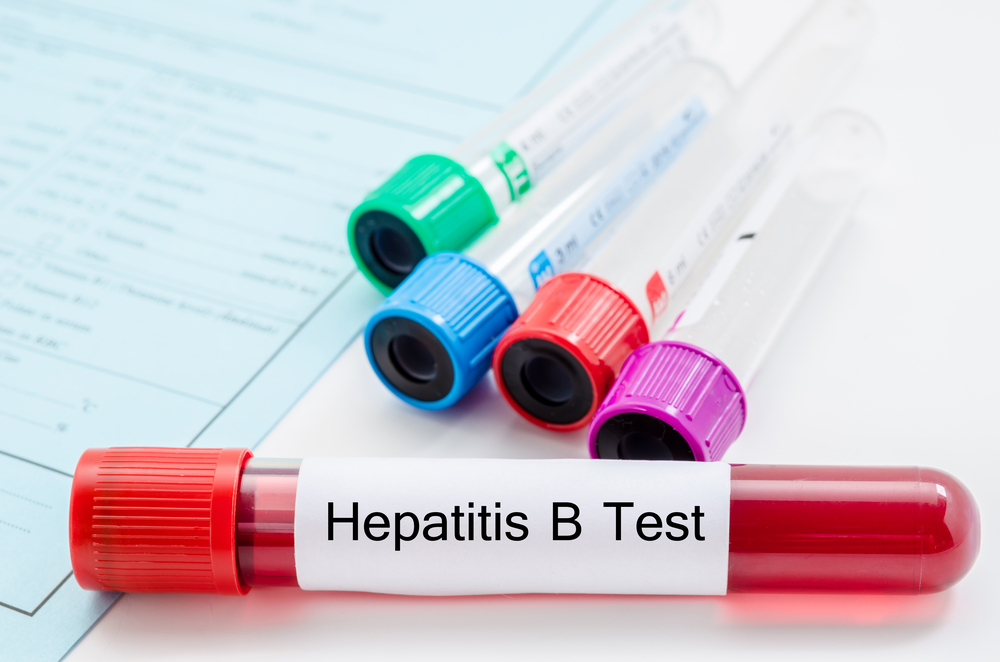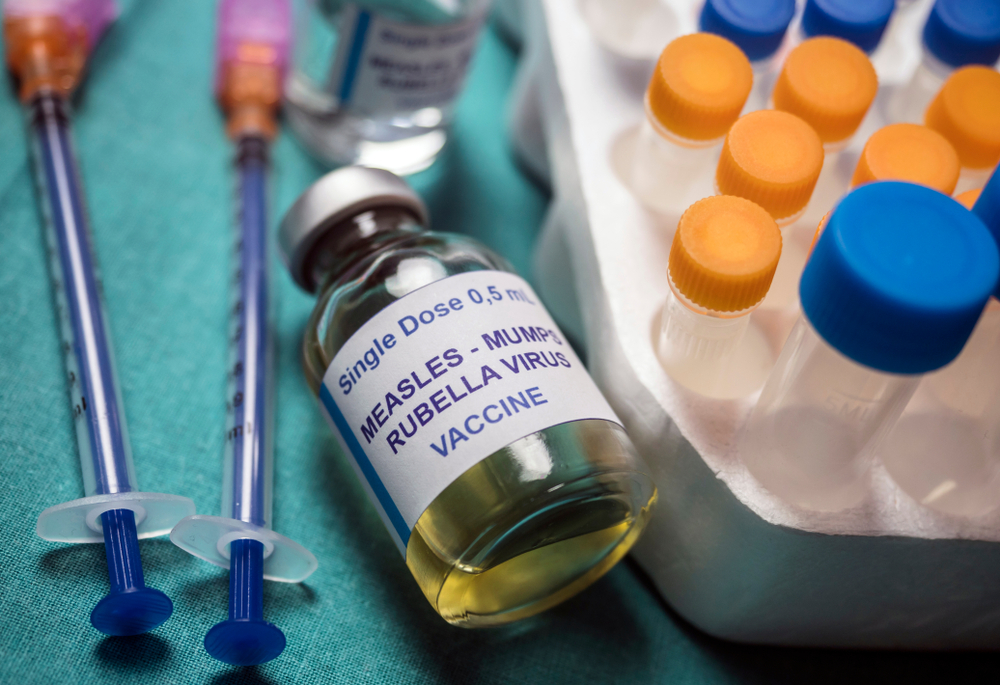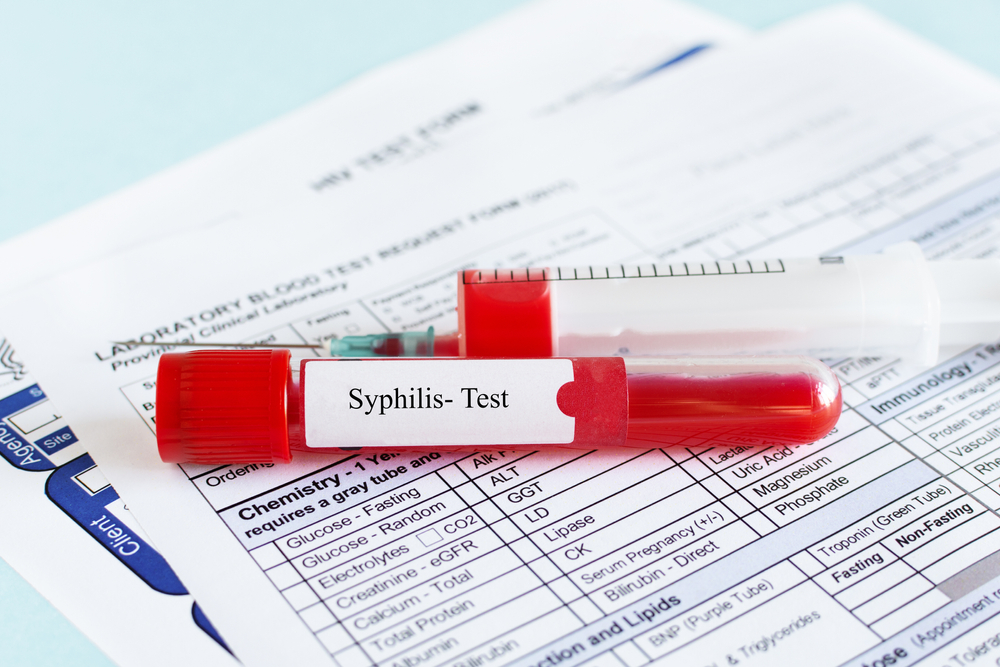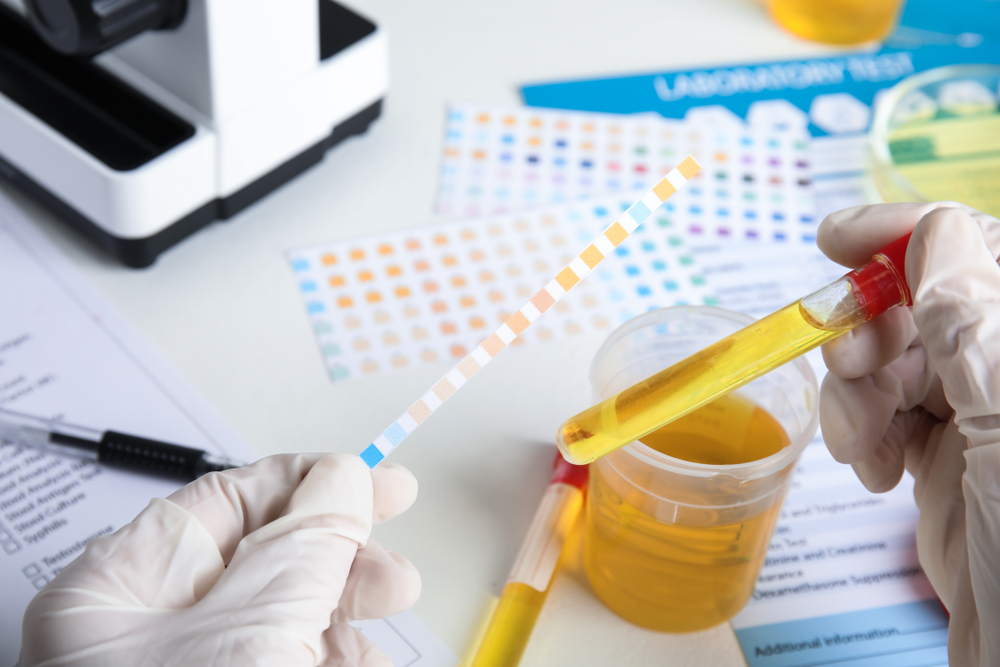Congratulations! You and your partner are well on the way to starting the married life together and the thought of starting your own family already seems quite likely. But as compatible as you and your partner may be, health may be another story entirely. Because of this, premarital screening is an essential step that every couple should prioritize before getting married.
In practice, premarital screening is a test that assesses a couple’s overall health along with any health risks that they may have. This is important to a couple’s family planning as it lets them know and prepare beforehand for any risk of transmissible diseases that might affect each other or their future offspring. If you are unsure of which diseases to look out for and where to have your screenings done, read on to find the answers below!
The essential health conditions to know of
Just like genetics, everyone’s health can vary greatly from one another, and this makes it important for you and your partner to have a proper understanding of each other’s health condition and any underlying issues. A premarital screening can cover all this, which is especially important to family planning as your genetics and overall health can potentially affect your children as well.
1. Thalassemia
A hereditary disease, thalassemia is a blood disorder that causes the body to produce an abnormal form or inadequate amount of hemoglobin. As hemoglobin is the protein molecule in red blood cells that carries oxygen, thalassemia results in excessive numbers of red blood cells being destroyed, leading to anemia.
At a genetic level, thalassemia is caused by a defect or mutation in the genes that control hemoglobin production. The disorder comes in many forms, and the severity depends on the genes that a person receives from their parents; there is a greater risk for a more severe form of thalassemia if both parents have the defective gene. Since thalassemia is inherited, a premarital screening can help you determine the risk of passing the disorder to your children.
2. Hepatitis B
As one of five types of hepatitis, hepatitis B is a serious infection of the liver and comes in two different types – acute and chronic. Acute infections can cause fatigue, vomiting, jaundice, and stomach pain while chronic infections may lead to cirrhosis or liver cancer. However, not all newly infected individuals appear sick as some do not show symptoms while others do.
Being a viral infection, the illness is caused by the hepatitis B virus, which is mainly transmitted through blood or other bodily fluids from an infected person, but the virus can also be transmitted from a mother to her child if she is infected. Since not all infected individuals have symptoms, a premarital screening can check to see if you are infected or a carrier. Fortunately, hepatitis B can be prevented with a vaccine, so look to get yourself vaccinated to keep you and your partner safe.
3. Blood sugar before meals
For most people, blood sugars are often at their lowest before meals are taken. Testing this is one way to tell if you have diabetes or if your blood sugar levels are abnormal. But normal blood sugar levels vary from person to person, so check with your doctor for a more accurate assessment.
In regards to family planning, checking your blood sugars before meals can serve as a reference for monitoring the risk for gestational diabetes, which is a condition that raises a mother’s blood sugar levels during pregnancy due to hormone changes. While gestational diabetes generally does not cause major symptoms, it can lead to a higher risk of pregnancy complications. But the good news is that the condition can be prevented by eating healthy, staying active, and maintaining a healthy weight.
4. Rubella
Rubella, also known as German measles, is a viral disease that mostly affects the skin and lymph nodes. While it usually causes a distinctive red rash, most people generally experience mild symptoms like a fever, sore throat, and fatigue. However, rubella poses a primary danger to pregnant women as it can cause congenital rubella syndrome (CRS) in developing babies.
If a woman is infected with rubella during pregnancy, serious consequences can occur to the unborn baby, which includes miscarriages, stillbirths, or severe birth defects. Fortunately, both rubella and CRS can be prevented by taking the measles-mumps-rubella (MMR) vaccine, but care must be taken for the timing as it is important for women to get pregnant only 3 months after vaccination to ensure that the body has all the antibodies needed.
5. Acquired immunodeficiency syndrome (AIDS)
Caused by the human immunodeficiency virus (HIV), AIDS is a primarily sexually-transmitted disease, but can also transmit through contact with contaminated blood. In infected individuals, HIV attacks the immune system and weakens the body’s resistance to disease, which makes a person more vulnerable to other illnesses. This can lead to AIDS within 10 years if left untreated.
Sadly, there is no effective cure or vaccine for HIV, but couples can take steps to prevent it by going for health screenings and following preventative measures like safe sex and not sharing needles. Since it has the potential to affect you and your future family, screening yourselves for HIV is not something you want to miss, especially for women planning on having children.
6. Syphilis
Another sexually-transmitted infection, syphilis is a bacterial infection that can lead to severe long-term problems if left untreated. Syphilis infection has four stages (primary, secondary, latent, and tertiary) and each one has different signs and symptoms that get progressively worse if the disease is not properly treated. For instance, tertiary syphilis can damage your internal organs and systems.
While there is no vaccine for syphilis, penicillin, an antibiotic medication, is effective in treating syphilis in its early stages. Since it can easily spread between partners through sex, couples should also screen for syphilis to ensure that they are not infected. Diagnosis of syphilis is typically conducted through blood tests (such as VDRL and TPHA) to confirm if a person is infected.
7. Rh blood group
In human blood group systems, there are 4 main types of blood – A, AB, B, and O. But there are actually 8 blood groups in total as each of these groups can be either Rh-positive or Rh-negative. For people who are Rh-positive, their red blood cells have a protein called the Rhesus (Rh) factor or the D antigen, which is not present in those who are Rh-negative.
Most people are Rh-positive, and the only way for someone to have Rh negative blood is to inherit at least one Rh-negative factor from their parents. This is especially important for pregnant women as Rh incompatibility may occur – mothers who are Rh-negative that are pregnant with a Rh-positive baby can cause the mother’s body to produce antibodies that will travel through the placenta and attack the baby’s blood cells, which is known as hemolytic disease of the newborn (HDN). As this can have severe consequences on the baby, going for an early health screening is key to preventing this.
8. Urine test
Urine tests, also known as urinalysis, are tests taken to assess the overall health of your body’s urinary system, such as your urine glucose and urine protein index. These tests are also important for monitoring conditions like kidney dysfunction and urinary tract infections (UTI) as they can cause permanent kidney damage or even death without proper medical attention.
Moreover, urine tests are particularly essential for monitoring a pregnant woman’s risk for certain complications, namely gestational diabetes and preeclampsia. During pregnancy, most women may experience a higher glucose level due to hormone changes along with other physiological changes. As these pregnancy complications can threaten both the lives of the mother and the baby, going for early health screenings can be effective in preventing them from becoming an issue.
9. Semen analysis
Couples that are planning on having children should not skip out on taking a semen analysis as this is important for evaluating a man’s fertility. These tests are taken by a doctor to determine how many sperm are there, how they move, and what their shape is, which are all factors to consider if a couple is having trouble conceiving a child.
For men undergoing a semen analysis, remember to abstain from sexual activity for 3 to 5 days before the test is taken to ensure better accuracy of the results. Alcohol, certain supplements, and medication should also be taken with a doctor’s advice in mind as they can affect the quality of the semen sample needed for the test.
List of places in Selangor & Kuala Lumpur to get your screening done
If you and your partner are living in or near the heart of Malaysia, then you’re in luck! There are plenty of hospitals and clinics throughout Selangor and Kuala Lumpur for getting your premarital screenings done. With most places offering special packages and deals that cover many of these health checks above, here is a list of places that are worth considering:
Note: All prices listed were collected in January 2021 and may be subject to change. Please contact the relevant outlets for more information.
1. LifeCare Diagnostic Medical Centre
Covering blood tests, urine tests, and many more, LifeCare offers pre-marital screening in basic and comprehensive packages that can be completed in approximately half a day (4 to 6 hours).
For more information: https://lifecarediagnostic.com/packages/medical-check-up-packages/
Price: RM259 (female; basic package) / RM249 (male; basic package) / RM489 (comprehensive packages for male and female)
Location: 5, Jalan Kerinchi, Bangsar South, 59200, Wilayah Pesekutuan, Kuala Lumpur
2. Columbia Asia Hospital – Petaling Jaya
Columbia Asia Hospital’s pre-marital screening package is inclusive of a full blood test and screenings for hepatitis B, HIV, and venereal diseases. Further add-on tests are also available.
For more information: https://www.columbiaasia.com/malaysia/hospitals/petaling-jaya/
packages/pre-marital-screening
Price: RM119
Location: Lot 69, Jalan 13/6, Seksyen 13, 46200 Petaling Jaya, Selangor.
3. Subang Jaya Medical Centre (SJMC)
While SJMC does not have pre-marital packages, there are many other health screening packages available for couples to choose from. These are divided into basic, comprehensive and premium with different prices.
For more information: https://www.subangjayamedicalcentre.com/health-screening
Price: RM499 (basic package for males & females)
Location: No. 1, Jalan SS12/1A, Ss 12, 47500 Subang Jaya, Selangor
4. Pantai Hospital
Spouses that plan on being mothers can consider the screening and maternity services at Pantai Hospital. This covers blood tests and screenings for hepatitis B, syphilis, HIV, and glucose throughout all three trimesters in pregnancy, which also includes comprehensive screenings for the baby.
For more information: https://www.pantai.com.my/Maternity-Services
Price: Available upon consultation
Location: (Selangor)
- Pantai Hospital Ampang: Jalan Perubatan 1, Pandan Indah, 55100 Kuala Lumpur, Malaysia
- Pantai Hospital Klang: Lot 5921, Persiaran Raja Muda Musa, 41200 Klang, Selangor, Malaysia
5. iHEAL Medical Centre
Pre-marital screening packages for both partners are available at iHEAL Medical Centre. The package covers full screenings for blood and infectious diseases like Hepatitis B and C, HIV, and rubella. Results will also be made available on the same day.
For more information: https://ihealmedical.com/get-check-get-married/
Price: RM1,388 (two persons)
Location: Level 7 & 8, Annexe Block, Menara IGB, Mid Valley City, Lingkaran Syed Putra, 59200 Kuala Lumpur, Malaysia
6. Sunway Medical Center
With options for couple or individual testing, Sunway Medical Center’s pre-marital screening packages cover a full blood count and tests for venereal diseases, hepatitis B, and HIV. For both packages, couples and individuals are not required to fast before the screening.
For more information: https://www.sunwaymedical.com/pre-marital-screening/
Price: RM550 (couples) / RM299 (individual)
Location: 4th Floor, Tower A, No. 5, Jalan Lagoon Selatan, Bandar Sunway, 47500 Petaling Jaya, Selangor
7. BP Healthcare
The pre-marital packages offered by BP Healthcare cover a wide range of tests that includes a full blood picture, hepatitis B screening, lipids profile, urine tests, infectious diseases screening, and many more. These packages are purchased online with the link below and may be redeemed at all applicable BP Diagnostic and Specialist Centres.
For more information: https://shop.doctor2u.my/details?id=56
Price: RM360 (1 pax) / RM700 (2 pax)
Location: All applicable BP Diagnostic and Specialist Centres.
8. Ever Link Fertility Centre
Male partners looking to have their semen analyses done can consider Ever Link Fertility Centre, which specializes in reproductive medicine / fertility and obstetrics & gynecology services.
For more information: https://www.everlinkivf.com.my/
Price: Available upon consultation
Location: Unit G-2 Level Ground, The Podium Tower 3, UOA Business Park, No 1, Jalan Pengaturcara U1/51a, Seksyen U1, 40150 Shah Alam, Selangor
All in all, premarital screening is just one of many important steps that every couple should take for the sake of their marriage. As health issues can pop up when one least expects it, going for early screenings is an effective way to keep you and your partner’s health under control, especially if children are concerned. While our list above covers the main tests that most people should take, there are also other conditions that you should keep an eye out for. As the saying goes, prevention is always better than cure.
 Cart is empty
Cart is empty










Leave A Comment